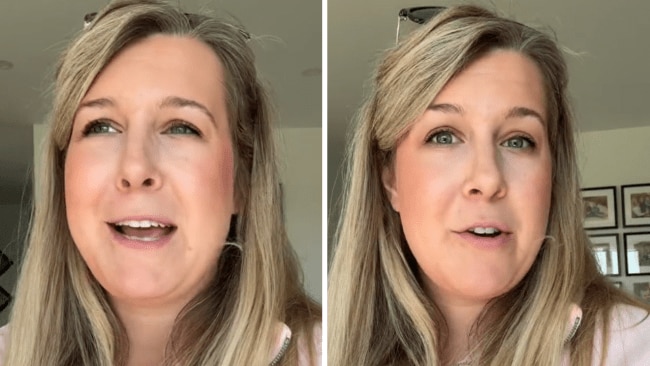'First our mum, then both of us... Now we're worried for our daughters'
"I don’t want them to have this as a big issue hanging over their heads at a young age, but hopefully in the next 10 years there will be many more options available to them."
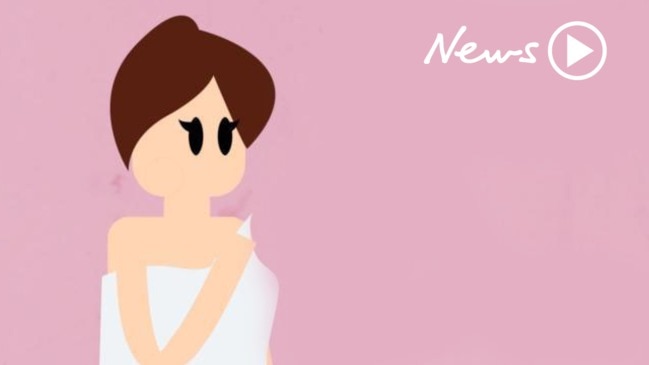
Family Life
Don't miss out on the headlines from Family Life. Followed categories will be added to My News.
As twins, Jenny and Maria have a unique relationship.
The Melbourne sisters come from a close-knit family, but have shared a natural bond throughout their lives.
Unfortunately, the sisters lost their mother to breast cancer at the tender age of 62 after an eight-year battle, prompting them to have regular checks from an early age.
Want to join the family? Sign up to our Kidspot newsletter for more stories like this.
“Mum was diagnosed in her early 50s, but she died when she was 61,” Jenny said.
“After that we decided to do our own surveillance from the age of 40, just so that we could manage our health better and be on the front foot.
“At the moment the recommendations from the government is screening from 50, but we decided given mum had died from cancer we’d like to start ours earlier.”
RELATED: 'I found out I had cancer the day I found out my baby's gender'
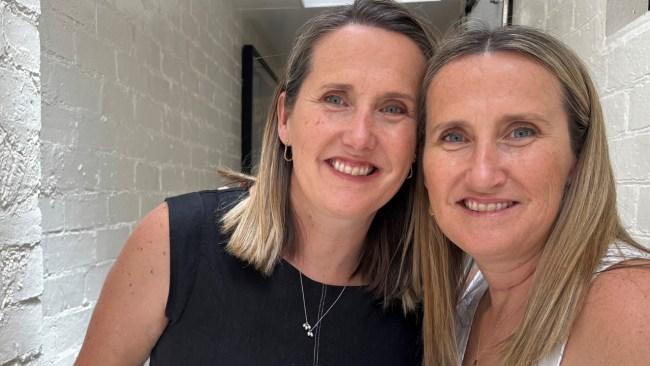
"It was just caught during a regular check"
Both sisters ended up being very lucky they did. Jenny was first diagnosed with breast cancer during her annual check in 2015 at the age of 45.
“I had no symptoms, it was just caught during a regular check,” Jenny said. “They found I had three tumours.
“The mammogram didn’t initially identify it, but I had an ultrasound that found the tumours.”
Her treatment started with a bilateral mastectomy, and then shifted to three months of chemotherapy.
Introducing our new podcast: Mum Club! Listen and subscribe wherever you get your podcasts so you never miss an episode.
She then had reconstruction surgery the following year, and has been in remission ever since.
“I started doing six monthly checks for a while, but now I’m back to yearly,” she said.
Maria was diagnosed with breast cancer five years after her twin sister, another cancer that was not picked up with a mammogram.
“I had a similar cancer to Jenny and my mum, but it was caught earlier,” Maria said.
“I decided to have a bilateral mastectomy with immediate reconstruction and hormone therapy, but I didn’t require any chemotherapy.”
RELATED: ‘I told my husband I wouldn't be here in five years'
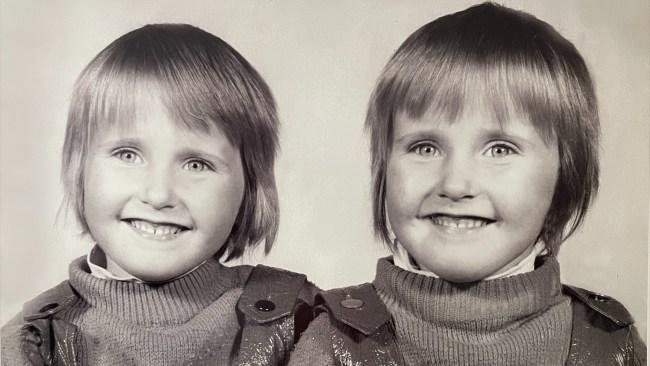
"We have a medium risk for the future"
Jenny and Maria will now participate in a study, funded by the National Breast Cancer Foundation, of twins and sisters who have been diagnosed with breast cancer in an attempt to learn more about what causes the deadly disease.
Both twins said they were keen for the research as doctors had not identified any genetic markers showing they had an increased risk of breast cancer.
They’re also interested to see the ways AI could help in diagnosing breast cancer given both were not picked up by a usual mammogram.
“Doctors have told us there’s a medium risk for the future,” Jenny said.
“I’m part of international breast cancer gene studies which are trying to identify additional markers, but at the moment there’s no actual marker they’ve identified between myself, Maria, and our mum.”
RELATED: 'I only gave birth in January… now I only have two years left with my 6 kids'
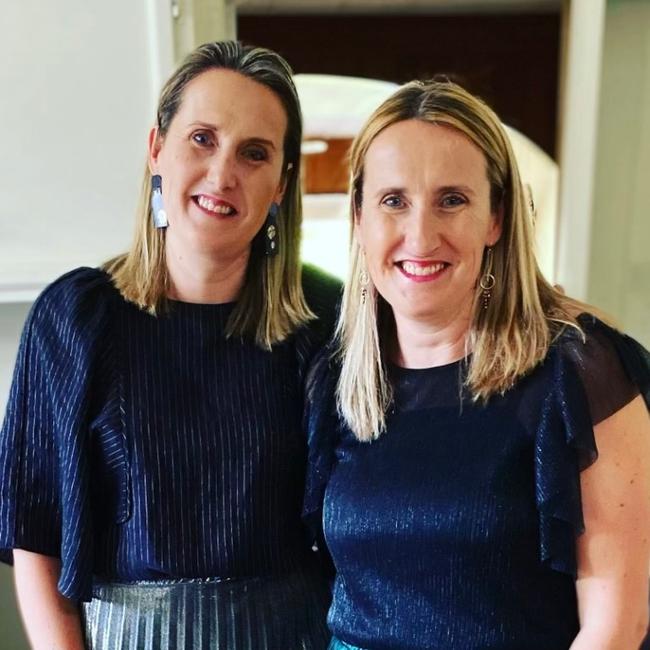
"Be your own advocate"
Maria and Jenny both have daughters, and are already thinking about what the future could look like for them.
“Once they’re a bit older we’ll discuss what the pathway is for them to be checked,” Maria said.
“As Maria said, I don’t want them to have this as a big issue hanging over their heads at a young age, but hopefully in the next 10 years there will be many more options available to them,” Jenny said.
Maria said their journey with breast cancer was proof it was always a good idea to advocate for yourself and your health.
“Be your own advocate,” she said. “Do the research, get medical opinions, and trust your gut.
“Early surveillance is key to managing your breast health, especially when there’s a history of breast cancer in the family.
“You don’t have to wait to turn 50. Early surveillance might just get you detected earlier and give you better treatment outcomes.”
More Coverage
Originally published as 'First our mum, then both of us... Now we're worried for our daughters'




